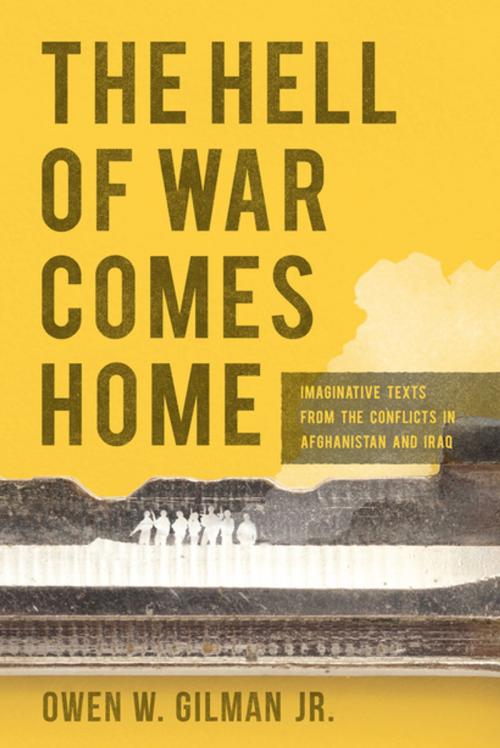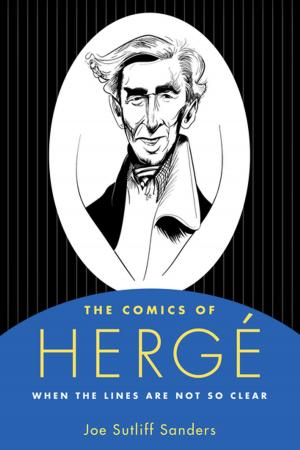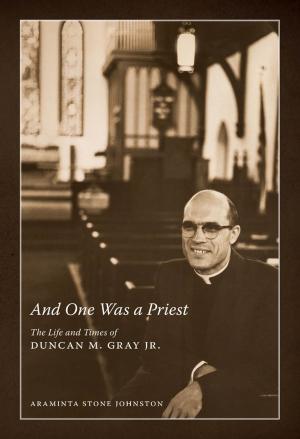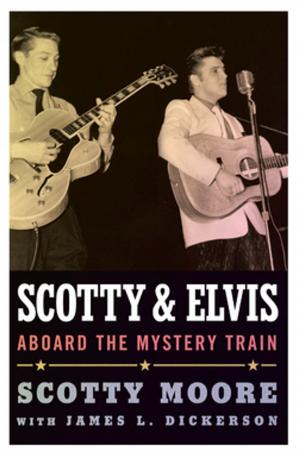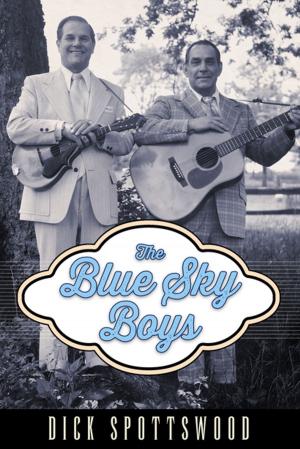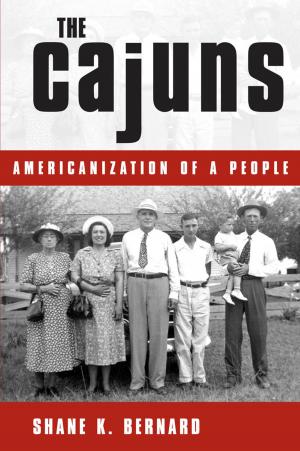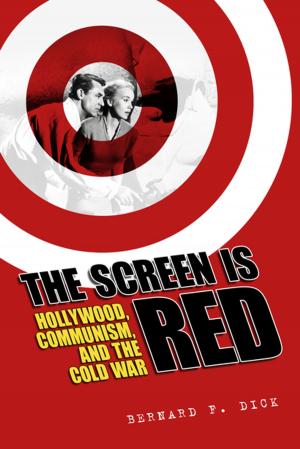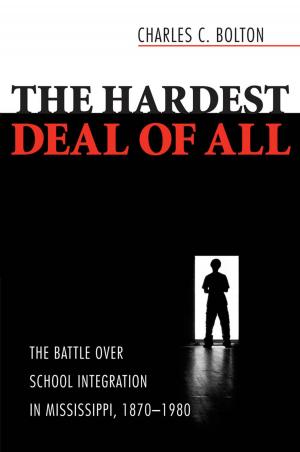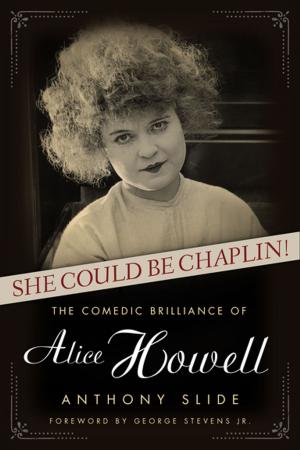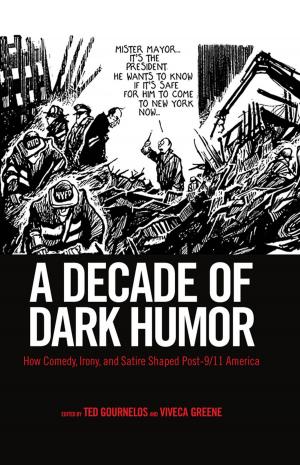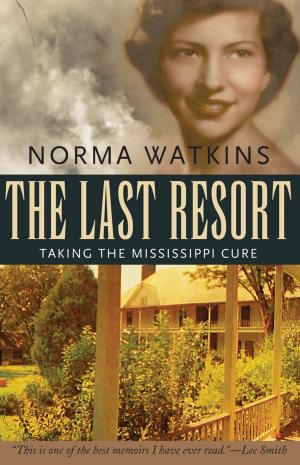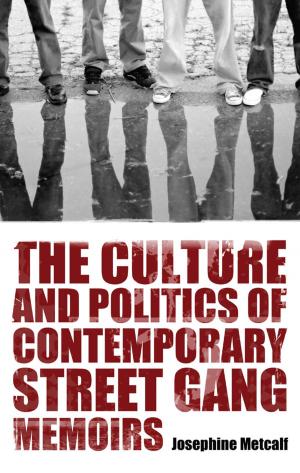The Hell of War Comes Home
Imaginative Texts from the Conflicts in Afghanistan and Iraq
Nonfiction, Social & Cultural Studies, Social Science, Cultural Studies, Popular Culture, Fiction & Literature, Literary Theory & Criticism, History, Americas, United States| Author: | Owen W. Gilman Jr. | ISBN: | 9781496815774 |
| Publisher: | University Press of Mississippi | Publication: | February 9, 2018 |
| Imprint: | University Press of Mississippi | Language: | English |
| Author: | Owen W. Gilman Jr. |
| ISBN: | 9781496815774 |
| Publisher: | University Press of Mississippi |
| Publication: | February 9, 2018 |
| Imprint: | University Press of Mississippi |
| Language: | English |
Owen W. Gilman Jr. stresses the US experience of war in the twenty-first century and argues that wherever and whenever there is war, there will be imaginative responses to it, especially the recent wars in Afghanistan and Iraq. Since the trauma of September 11, the experience of Americans at war has been rendered honestly and fully in a wide range of texts--creative nonfiction and journalism, film, poetry, and fiction. These responses, Gilman contends, have packed a lot of power and measure up even to World War II's literature and film.
Like few other books, Gilman's volume studies these new texts-- among them Kevin Powers's debut novel The Yellow Birds and Phil Klay's short stories Redeployment, along with the films The Hurt Locker, American Sniper, and Billy Lynn's Long Halftime Walk. For perspective, Gilman also looks at some touchstones from the Vietnam War. Compared to a few of the big Vietnam books and films, this new material has mostly been read and watched by small audiences and generated less discussion.
Gilman exposes the circumstances in American culture currently preventing literature and film of our recent wars from making a significant impact. He contends that Americans' inclination to demand distraction limits learning from these compelling responses to war in the past decade. According to Gilman, where there should be clarity and depth of knowledge, we instead face misunderstanding and the anguish endured by veterans betrayed by war and our lack of understanding.
Owen W. Gilman Jr. stresses the US experience of war in the twenty-first century and argues that wherever and whenever there is war, there will be imaginative responses to it, especially the recent wars in Afghanistan and Iraq. Since the trauma of September 11, the experience of Americans at war has been rendered honestly and fully in a wide range of texts--creative nonfiction and journalism, film, poetry, and fiction. These responses, Gilman contends, have packed a lot of power and measure up even to World War II's literature and film.
Like few other books, Gilman's volume studies these new texts-- among them Kevin Powers's debut novel The Yellow Birds and Phil Klay's short stories Redeployment, along with the films The Hurt Locker, American Sniper, and Billy Lynn's Long Halftime Walk. For perspective, Gilman also looks at some touchstones from the Vietnam War. Compared to a few of the big Vietnam books and films, this new material has mostly been read and watched by small audiences and generated less discussion.
Gilman exposes the circumstances in American culture currently preventing literature and film of our recent wars from making a significant impact. He contends that Americans' inclination to demand distraction limits learning from these compelling responses to war in the past decade. According to Gilman, where there should be clarity and depth of knowledge, we instead face misunderstanding and the anguish endured by veterans betrayed by war and our lack of understanding.
